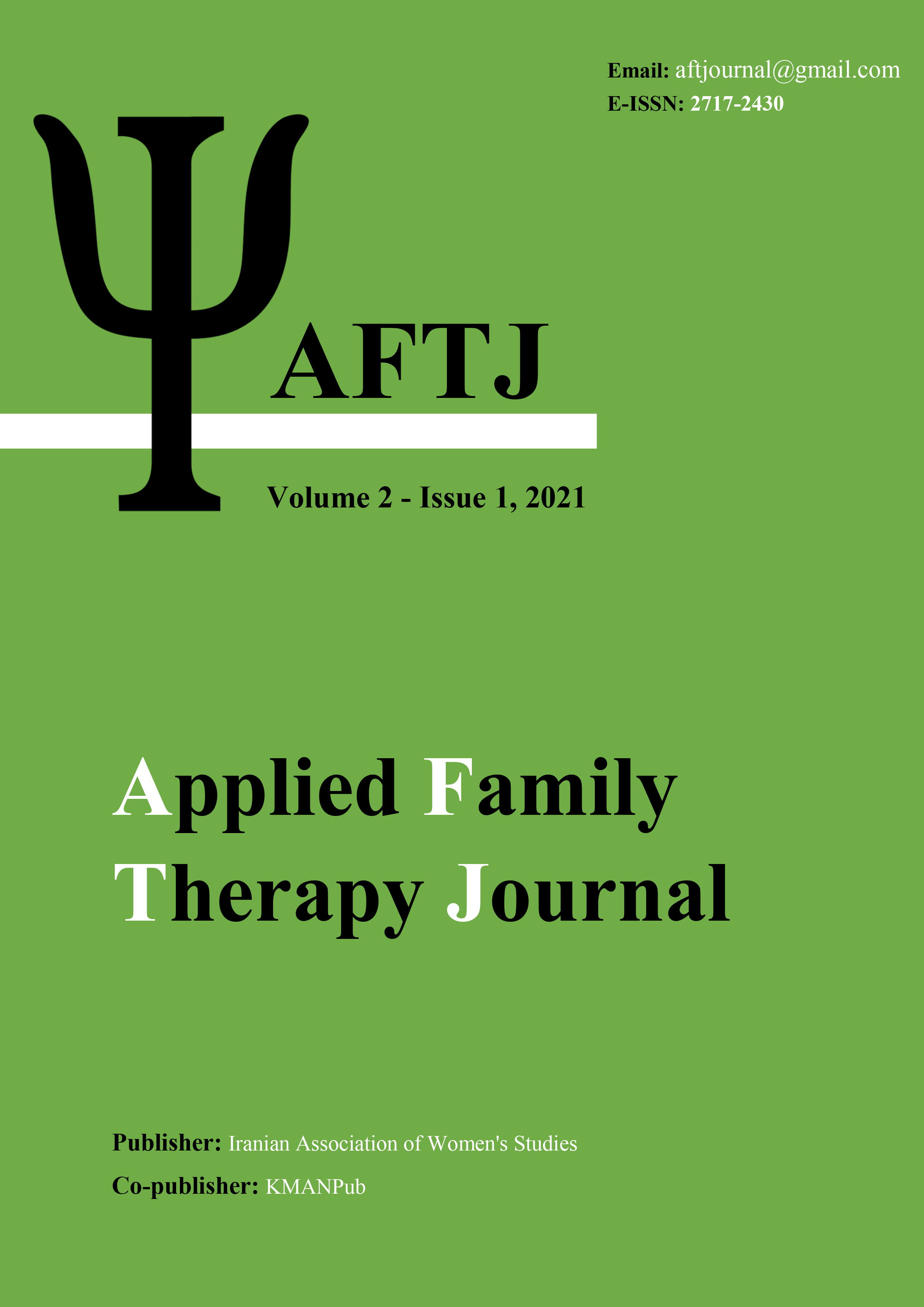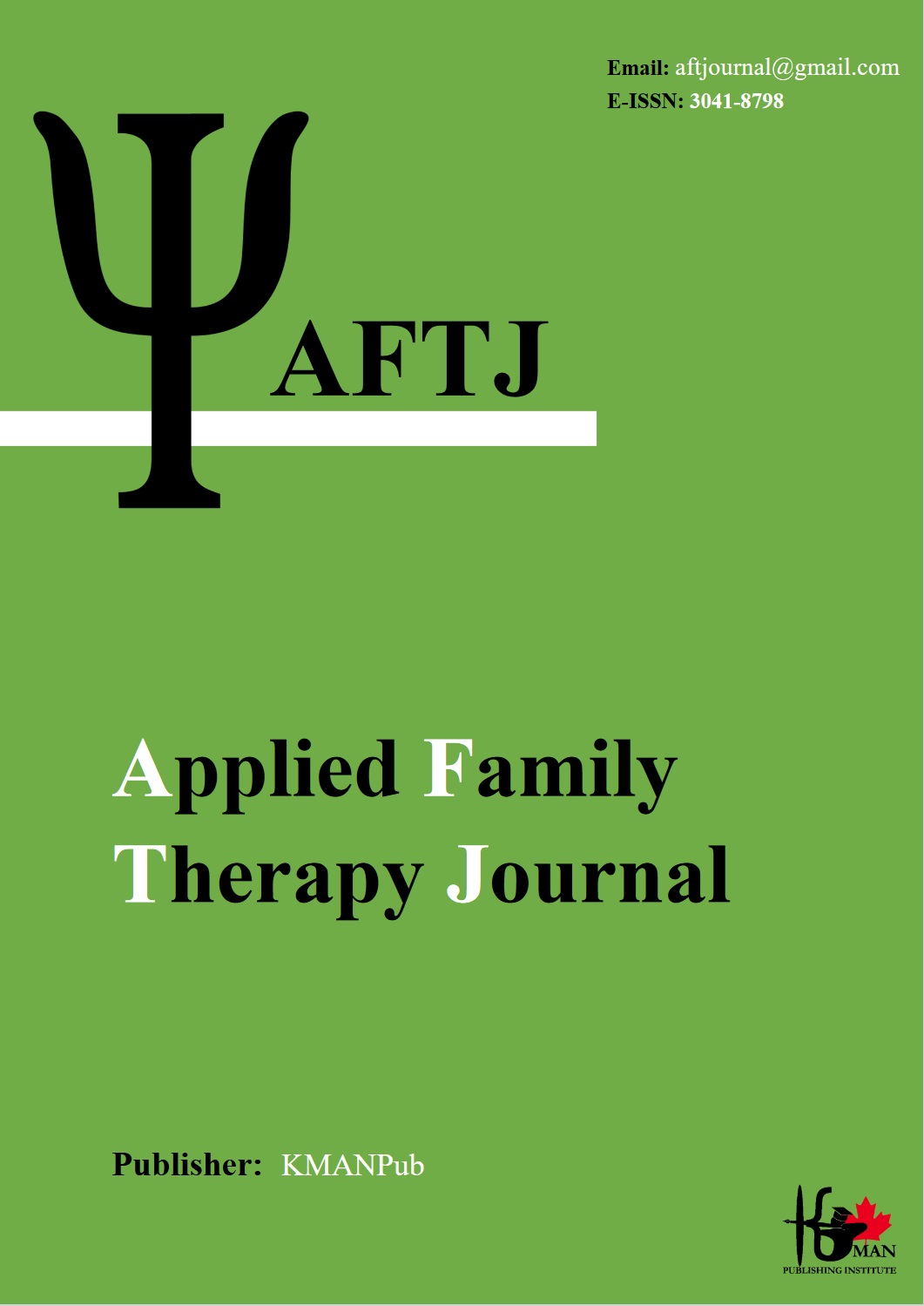Predicting mental health based on emotional inhibition with the mediating role of anxiety in children with attention deficit/hyperactivity disorder
Keywords:
Emotional inhibition, mental health, anxiety, attention deficit/hyperactivity disorderAbstract
Aim: The purpose of this research is to predict mental health based on emotional inhibition with the mediating role of anxiety in children with attention deficit/hyperactivity disorder. Method: This research is of correlational type using structural equation modeling. The statistical population of the present study included all children (10 to 12 years old) suffering from attention deficit hyperactivity disorder who referred to the rehabilitation centers of Tehran and were able to answer the questions of the research questionnaires, 100 of them were available as a sample by sampling method. Were chosen. The measurement tools in this research were emotional inhibition questionnaires by Roger and Najarian (1987), children's mental health by Jelink et al. (1986) and children's overt anxiety by Reynolds and Richmond (1978), all of which had acceptable validity and reliability. In order to analyze the data, two descriptive (central and dispersion indices) and inferential (structural equations) methods were used using SPSS-V23 and Lisrel-V8.8 software. Results: The results showed that emotional inhibition can directly and indirectly (with the mediating role of anxiety) predict mental health (P=0.05). Conclusion: In general, the research results indicated that anxiety plays a mediating role in the relationship between mental health and emotional inhibition in children with attention deficit/hyperactivity disorder.
Downloads
Downloads
Published
Issue
Section
License

This work is licensed under a Creative Commons Attribution-NonCommercial 4.0 International License.























